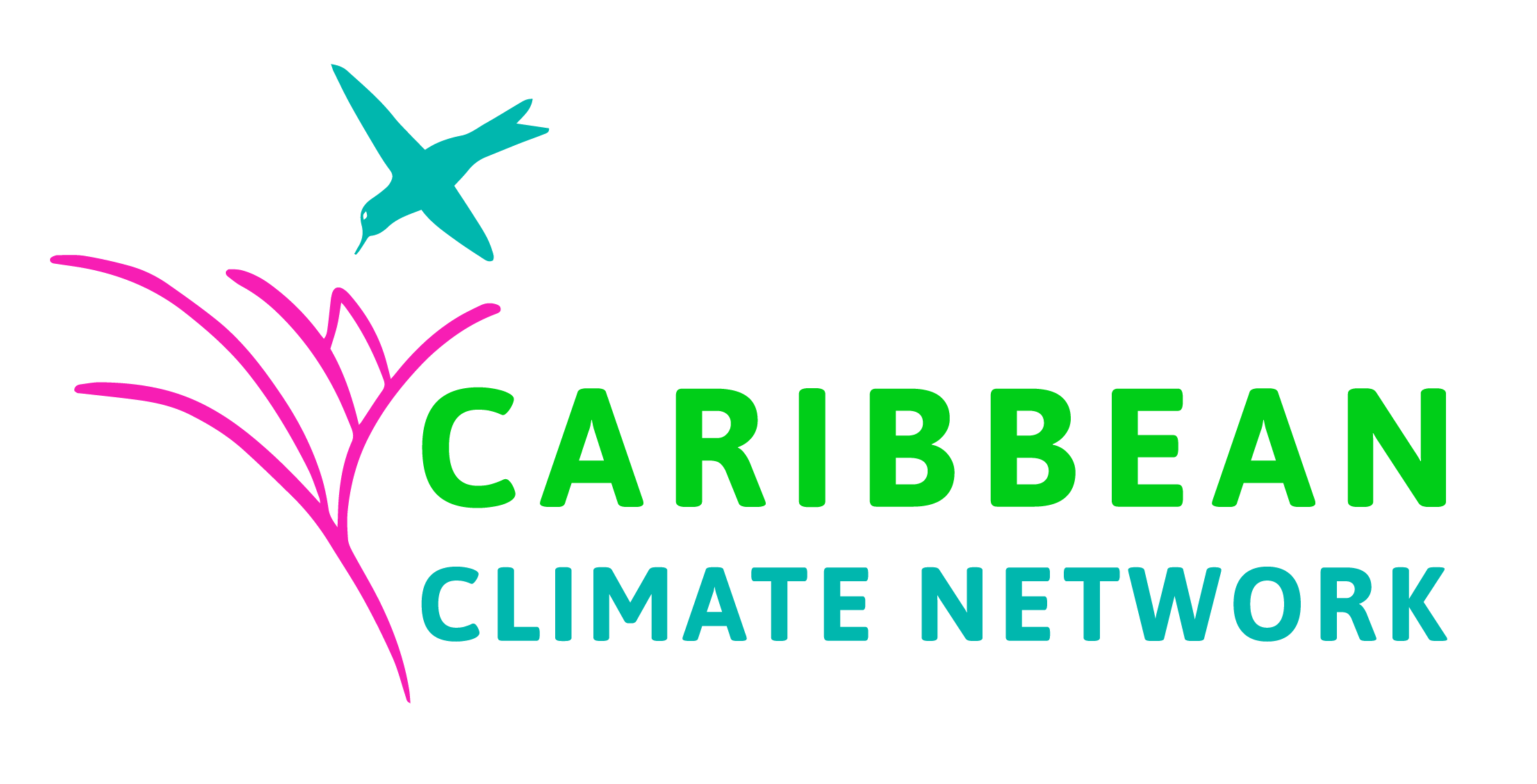In Trinidad and Tobago, there are many occupations where workers are required to navigate outdoor settings or worksites where they are exposed to secondary effects from outdoor weather patterns. This includes manufacturing staff, agricultural workers, and vendors, to name a few.
In my community, workers are facing severe effects from climate change, such as heat illnesses and flooding due to limited risk-reduction measures at work. Although an Occupational Safety and Health Act is in effect, climate mitigation and adaptation strategies are areas that fall short in adhering to legislation. What remains apparent is how frequent workers are expected to navigate settings with very limited or no protective equipment, education, and training to identify the climate hazards that persist.
Amid an ongoing climate crisis, with extreme heat temperatures, sea-level rise and the occurrence of flooding throughout Trinidad and Tobago, workers remain some of the most vulnerable groups with exposure to health risks. Upon recognizing the detriment of this to workers’ safety in our communities, Caribbean Feminist has designed a project to develop an Occupational Risk Reduction Policy for Climate Hazards in Trinidad and Tobago.

The first call and introductory session with the new volunteers who will be supporting the project
This project aims not only to develop a policy draft but to also provide the necessary educational content, training, and forums to equip workers and communities with risk-reduction tools and measures to protect themselves and each other at work. Achieving these actions will become a further step towards climate resilience and recognizing the significant impacts of climate change on workers.
Watch the video below to learn more about my project.
